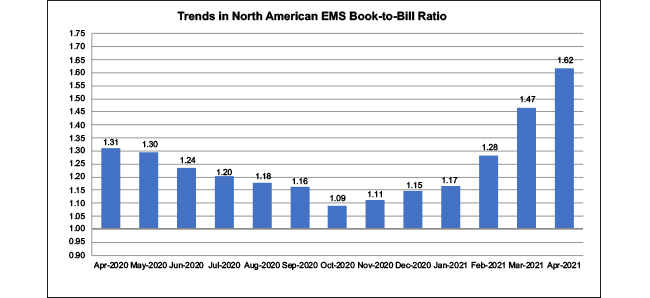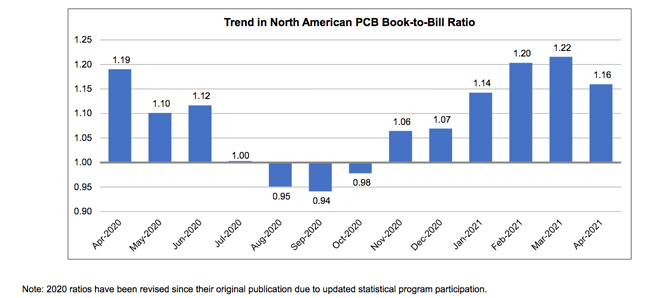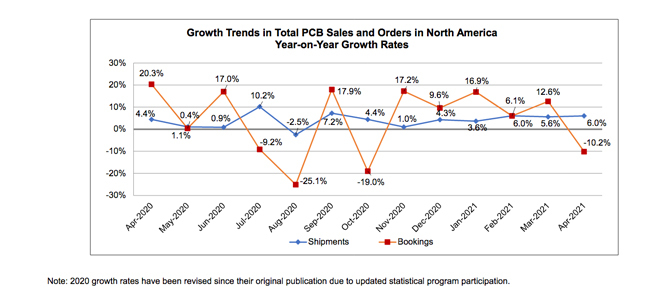IPC and Chemical Watch Co-Organize Webinar on China’s MEE Order 12
By Fanyu Zhang, EHS Fellow for IPC Global Government Relations
On May 26, 2021, Chemical Watch and IPC co-organized a webinar, “China’s MEE Order 12: An Update for the Electronic Industry.” MEE Order 12 is the China’s Ministry of Environment and Ecology Order No. 12, Measures of Environmental Management and Registration of New Chemical Substances, which has registration and filing requirement for manufacturers and importers of new chemical substances.
Sydney Xiao, president of IPC Asia Operations, provided welcoming remarks and introduced IPC and its recent activities to provide useful information on RoHS- and REACH-like chemical regulations in the Asia-Pacific region. Heng Li, a senior associate at Mayer Brown, presented a summary of MEE order 12 and focused on its impact on the electronics industry sector.
“Is the electronics industry affected by this law? The key point is the role a company plays within the supply chain,” Li said. If a company is considered a user or importer of new chemical substances – they use new chemical substances for production or import new chemical substances into China for further use – then their business activities may be affected by MEE Order 12. However, if a company only imports or uses a product that contains new chemical substances and there is no intended release of the chemical, then registration and filing requirements do not apply. MEE order 12 also establishes significant post-registration obligations for chemical users, such as the provision of information down the supply chain, establishment of an activity record-keeping system, and submission of hazard and exposure information to MEE, if requested.
With the implementation of MEE Order 12, what will be the next step of China’s chemical legislation? The answer might be “new pollutant” -- a hot topic that emerged in China within the last year and is expected to be a priority in the next five years. Although China’s MEE has not provided a clear definition of “new pollutant,” it is recognized that endocrine-disrupting chemicals, persistent organic pollutants, antimicrobials and micro-plastics are four major types of “new pollutant” that are getting more attention around the globe. “As China is still at the initial stage in designing a management strategy for new pollutants, MEE Order 12, along with other chemical control legislation, will serve as the starting point. What we are facing today in the EU or U.S. will probably happen in China in the near future,” Li concluded.
IPC provides more Asia Pacific Environmental Regulation Whitepapers at: https://www.ipc.org/asia-pacific-ehs-policy-landscape-2
Official version of MEE Order 12 is available at: http://www.mee.gov.cn/xxgk2018/xxgk/xxgk02/202005/t20200507_777913.html



